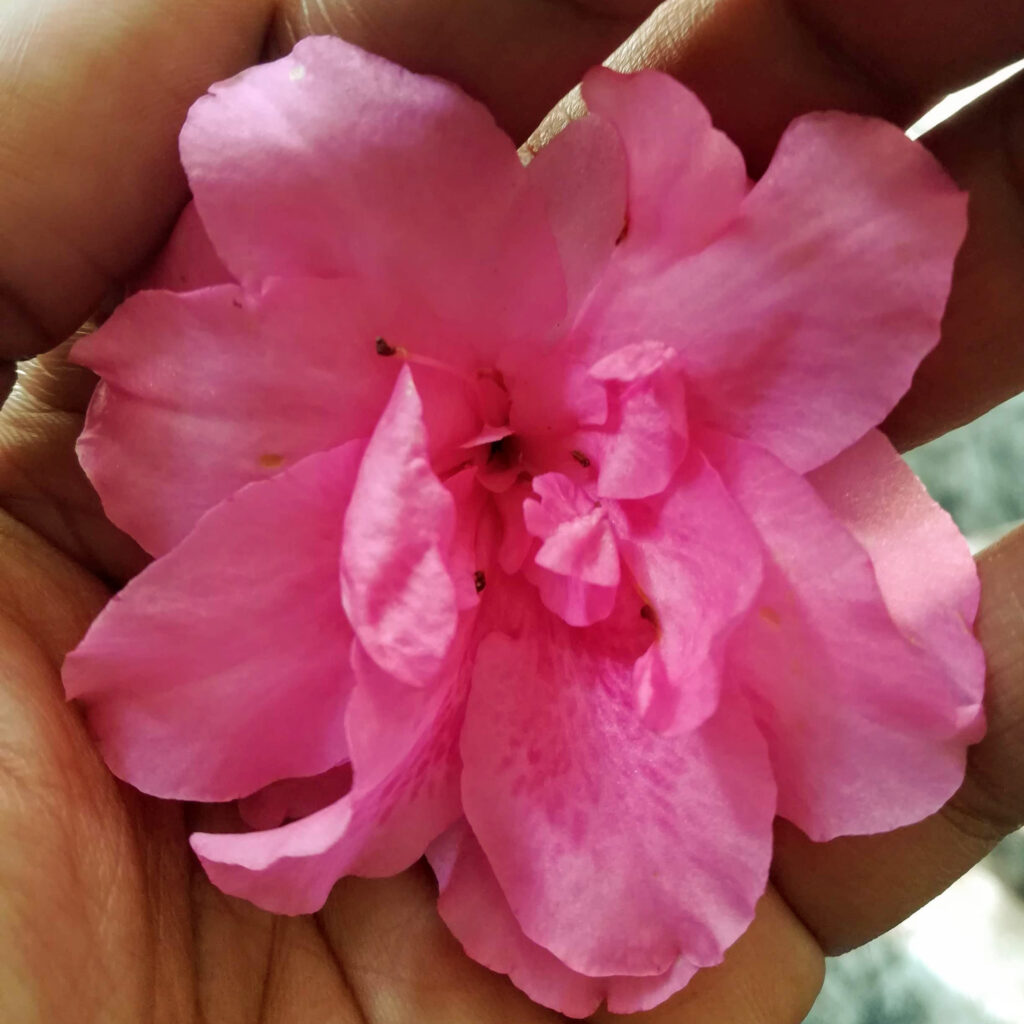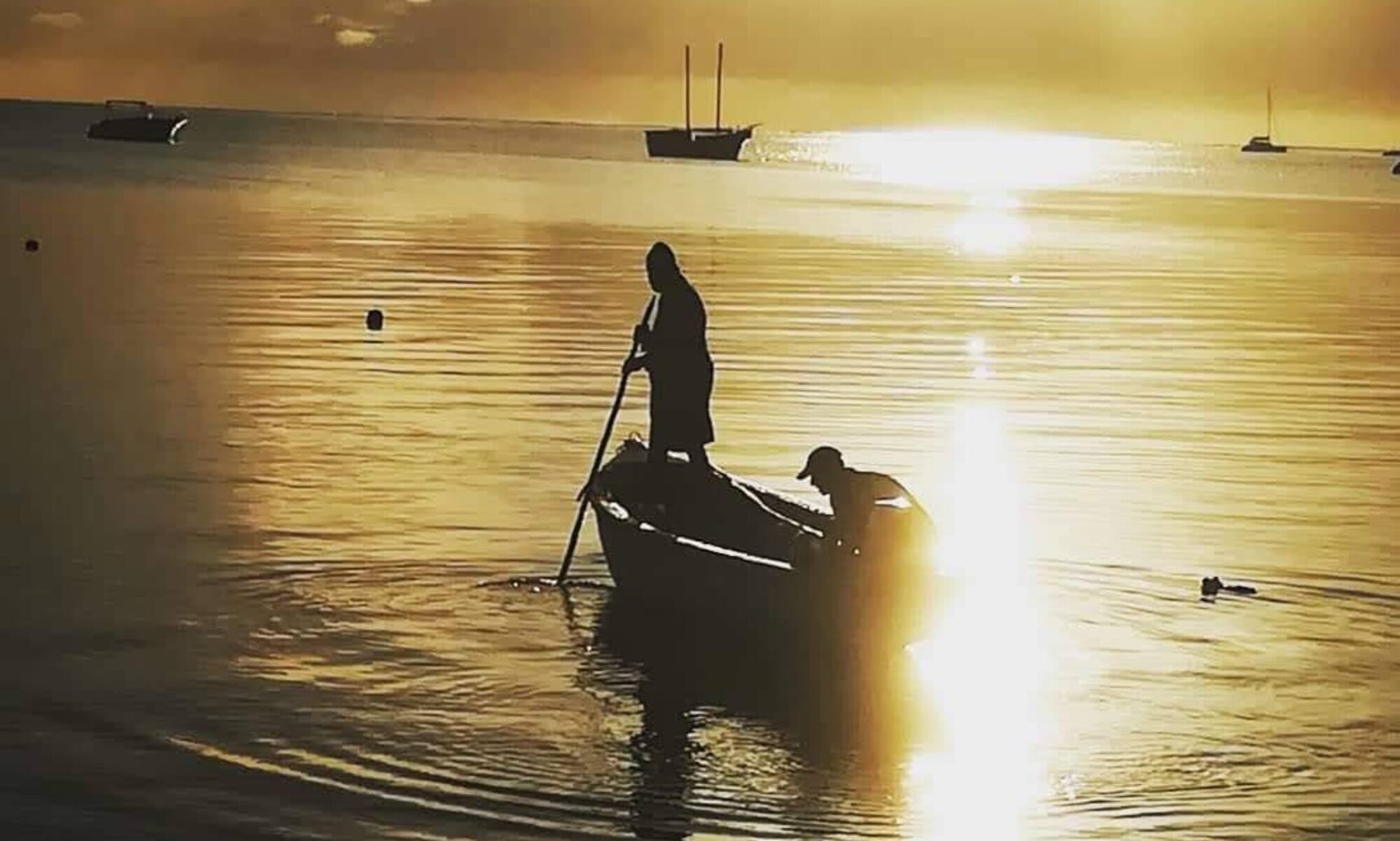We’re at the end of a remarkable year. With the outbreak, loss and death have also been on our minds. Death seems like a sharp and final event but is there another way to look at existence?

There is a story that I heard about Steve jobs. In the story, Jobs was invited to join his child at elementary school for a ‘bring your parent to school’ day. They were given creative tools, LEGO, and erector kits, and asked to spend time creating something together. Not surprisingly at the end of this effort, the Jobs duo had produced something marvelous. When the teacher and everyone had a chance to look at all the parent-child creations, she asked everybody to put the stuff away back in the boxes so they could be reused. Steve Jobs protested. He created something remarkable and he wanted it to be put up on permanent display at the school. The teacher agreed that it was indeed marvelous but said the real point of the day was really the engagement with the child and parent. Putting the materials back would allow other parents to have a similar experience. The story invokes the question of what is truly important. We often focus on tangible outcomes rather than the experience and intangibles.

If we see ourselves as single, solitary beings with a specific form, death is indeed an ending. If we see ourselves as parts of larger living systems — the way an individual cell is in our body — then we are present in things that continue and the contributions we make to others. A fruit falls down to the ground releasing the seeds. The seeds are carried away by animals who eat the fruit. The fruit itself may be gone but it is present in new plants and part of the animal itself. From this bigger perspective, the start of our existence began with the beginning of time and will only finally end when time ends — just changing form all the while.

In the Tibetan practice of creating a mandala. monks gather and work painstakingly for days with grains of colored sand to assemble an elaborate circular image that represents the universe. At the end, when the creation is visible in its full majesty, the sand is blown away and the creation is dispersed. The sand exists, only the manifestation is gone. This ritual is meant to symbolize the nature of creation and dissolution. The nature of impermanence. This is understanding that all that we create in the end is reduced to dust. Yet what remains is the creation that lives within ourselves, the beauty that we created, the experience we had, the collaboration that emerged. The journey is not the destination. Neither are our lives just the things we create, rather it is also the experiences that we have and the impact they have on others.
In the West, as encouraged by Dylan Thomas, we tend to “not go gentle into that good night,” and rather “rage, rage against the dying of the light.” Yet, death can also be encountered with dignity and grace, like Jesus on the cross offering compassion and forgiveness, knowing that his contribution was only just beginning in death, and would be carried forward by the handful of disciples to billions of people in time.
With this lens, we can consider not just our experience but what will live on because we did. Acts of kindness and courage ripple on in different ways than negative deeds. As in the story of Steve Jobs, if we hold on to just the visible manifestation of creation, then the end is the end and life is fleeting. What the teacher understood is what has the greatest staying power are relationships, memory, inspiration, and learning. This is what lives on in time. What remains of Jobs today is not his presence but the vision and inspiration he engendered that changed the world in many ways.
So, our choice is to associate ourselves with endless energy or fleeting form. If it’s the latter then our presence is bound like the momentary manifestation of the grains of sand in the mandala. If it is the former, we have space to create enormous ripples of impact that live on long after we do. In 2020, hardship abounded, so did human kindness and generosity. My hope is the legacy of the good that flowed into the world will live on far longer than the hardship that we lived through.
—
Related posts:
Clouds
https://www.linkedin.com/pulse/clouds-appreciation-lyndon-rego/
An Encounter with Eternity
https://medium.com/@lyndonrego/an-encounter-with-eternity-27437f7f6909
